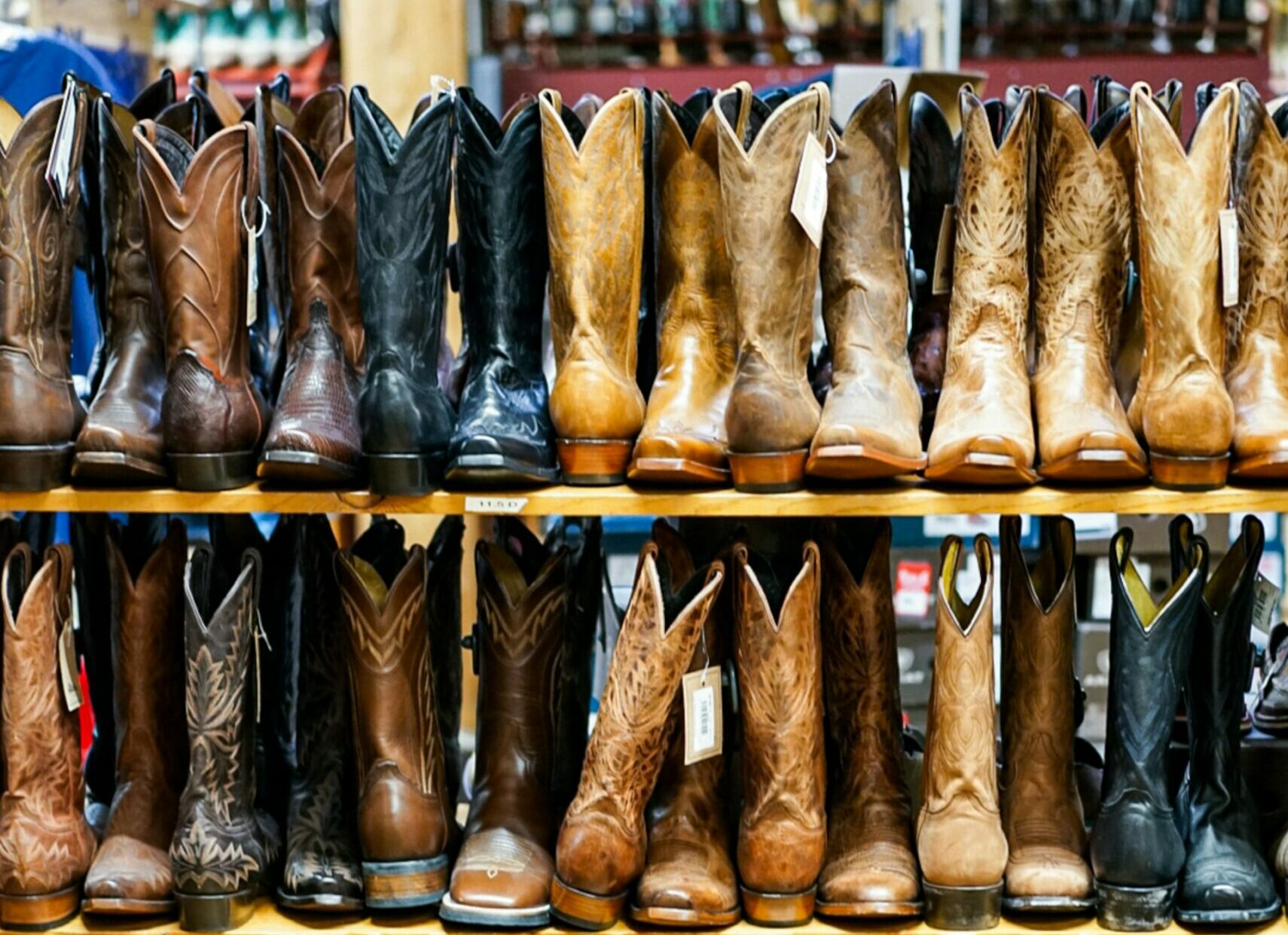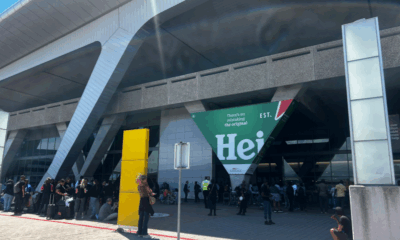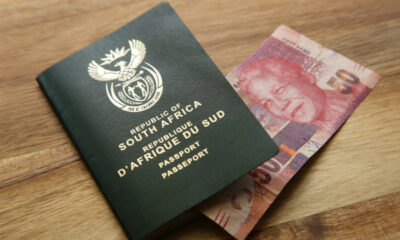News
Cowboy Boots Could Cost More as US Tariffs Hit South African Ostrich Leather

When most South Africans think of Oudtshoorn, they think of wide skies, dry Karoo landscapes, and the proud history of ostrich farming that has made the town world-famous. But now, that heritage has found itself caught up in a global trade dispute that stretches all the way to the rodeo arenas and ranches of the United States.
At the heart of it is ostrich leather a luxury product from South Africa that has become an irreplaceable part of America’s cowboy boot industry. A new round of US tariffs has left both South African farmers and American bootmakers warning of consequences far beyond the farm gates
A R1.2 Billion Industry Under Threat
Ostrich farming in South Africa is no small-scale affair. It’s a R1.2 billion industry, supporting farmers, tannery workers, and entire towns in the Klein Karoo. The appeal is twofold: the meat, considered a healthy alternative to beef, and the leather, prized worldwide for its softness, durability, and distinctive quill pattern.
For decades, this leather has been exported to the US, where it fuels a massive demand for cowboy boots. But with Washington’s decision to impose a 30% tariff on South African exports, that delicate supply chain has been shaken.
Arno Albertyn of Klein Karoo International explained it simply: while South Africa only sends about 20% of its ostrich leather to the US, American bootmakers depend on the country for 70% of their material. “It’s not just about us,” he said. “This decision risks jobs on both sides of the Atlantic.”
Why Cowboy Boots Could Cost You More
If you’ve ever admired a pair of handcrafted cowboy boots, you know they’re not cheap. Ostrich leather versions typically retail for between $400 and $500 (R7,000 to R8,900), with high-end designs climbing to as much as $5,000 (R88,000).
And it’s not only about style. In Texas, Oklahoma, and across ranch country, boots are as much workwear as they are fashion. They’re worn on horseback, in the kraal, and at country fairs. The durability of ostrich leather has made it the material of choice.
But tariffs mean price hikes. Albertyn explained that it isn’t a simple $1 increase per hide. By the time costs multiply through manufacturing and retail, the final product on the shelf could be far more expensive. “The high-end market might absorb it,” he said. “But for the everyday $400 to $500 boot, that’s where consumers will push back.”
The Double-Edged Sword of Protectionism
Ironically, tariffs intended to protect American industries could end up hurting them. Cowboy boot production is hugely labour-intensive, requiring up to 200 hands to produce a single pair. Albertyn pointed out that South African suppliers are not taking away US jobs they are supplying one piece of a much larger puzzle.
“It’s like providing a car part for assembly in the US,” he explained. “Our leather creates American jobs rather than replacing them.”
If bootmakers can’t secure affordable raw material, the ripple effects could hit retailers and workers across the US, from small Texan workshops to large western wear brands.
Local Reaction and Global Irony
In Oudtshoorn, farmers are frustrated. Many took to community WhatsApp groups and local Facebook pages to share their concerns, pointing out that the town has already faced years of droughts and market fluctuations. Now, an international tariff war threatens their stability once again.
Meanwhile, on American cowboy forums and social media groups, some boot enthusiasts have voiced alarm at the idea of paying even more for their favourite footwear. “I can’t afford $700 for work boots,” one rancher from New Mexico wrote, echoing a sentiment that may soon become widespread.
What Happens Next?
For now, South African exporters are relying on stock already shipped before the tariffs took effect, buying them a few months to adjust. But unless negotiations soften the tariff blow, both South African farmers and American cowboys may find themselves paying the price for a trade war that neither side asked for.
As Albertyn put it: “The irony is that in trying to protect jobs, the US might end up losing them.”
Source:Business Tech
Follow Joburg ETC on Facebook, Twitter , TikTok and Instagram
For more News in Johannesburg, visit joburgetc.com



























